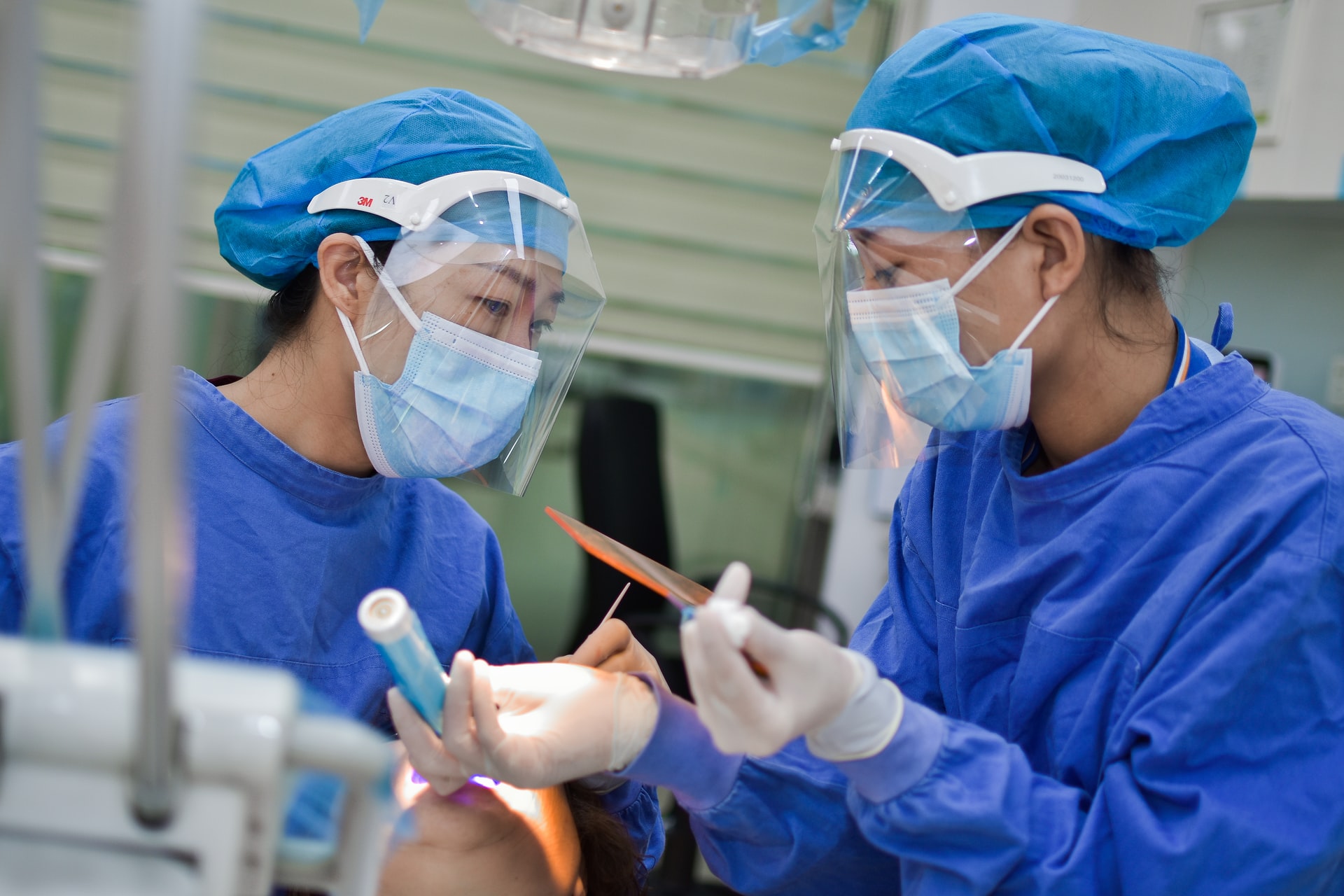New study finds coronavirus infections rising rapidly in England
This means an estimated 128 people per 10,000 of England’s population has the virus that causes COVID-19, compared to 60 as of October 5. “These interim findings paint a concerning picture of the situation in England, where we’re seeing a nation-wide increase in infection prevalence, which we know will lead to more hospitalisations and loss of life,” said Professor Paul Elliott, director of the programme at Imperial College London.

- Country:
- United Kingdom
New coronavirus infections are rising by an estimated 96,000 cases daily across England, according to the findings of a new government-backed study released in London on Thursday. An interim report led by Imperial College London and Ipsos MORI, which includes swab tests on thousands of people taken between October 16 and 25, shows that the prevalence of infection has more than doubled since the last round of similar testing. This means an estimated 128 people per 10,000 of England’s population has the virus that causes COVID-19, compared to 60 as of October 5.
“These interim findings paint a concerning picture of the situation in England, where we’re seeing a nation-wide increase in infection prevalence, which we know will lead to more hospitalisations and loss of life,” said Professor Paul Elliott, director of the programme at Imperial College London. “We’re also detecting early signs that areas which previously had low rates of infection are following trends observed in the country’s worst-affected areas. Now more than ever we must all work together to curb further spread of the virus and avoid subsequent overwhelming of the health service,” he said. The critical reproduction number (R) – the rate of virus transmission – has also increased further to 1.6, with infections doubling every nine days, which indicates that the pandemic is continuing to grow across England.
“The size and design of our study mean we’re able to offer detailed insight in the current situation of England’s epidemic, and what we’re seeing is that the number of infections and R are continuing on an upward trend,” said Professor Steven Riley, study author and Professor of Infectious Disease Dynamics at Imperial. “It’s too early to tell whether recent stricter measures are having an effect, which is why continued monitoring is vital to understand what works and adapt responses accordingly,” he said.
According to the latest Real-time Assessment of Community Transmission-1 (REACT-1) study, infections have increased across all age groups and areas of England, with the north remaining the worst affected. Young people aged 18-24 continue to have the highest prevalence of infection but the steepest rise was seen in adults aged 55-64, which saw rates triple compared to the previous round. The latest findings come as the number of areas, particularly in the north of England, are placed into the Tier 3 highest alert level of England’s three-tier localised lockdown approach. Other parts of the United Kingdom are also under varying degrees of lockdown, with Wales under a complete “firebreak” shutdown and Scotland and Northern Ireland also facing similarly strict restrictions on movement and gathering to control the spread of the deadly virus.
The REACT-1 study was set up to track current cases of COVID-19 in the community by testing more than 150,000 randomly-selected people each month over a two-week period. Volunteers take nose and throat swabs at home, which are then analysed in a laboratory by a technique called RT-PCR. Out of 85,971 swabs analysed so far for this latest round of testing, 863 were positive, giving an estimated prevalence of 1.28 per cent. The REACT programme is a series of studies commissioned by the UK government’s Department of Health and Social Care earlier this year and is being carried out in partnership with survey experts Ipsos MORI and Imperial College Healthcare NHS Trust.
“The number of participants gives this study the robustness and thoroughness which marks it out as world-leading,” said Kelly Beaver, Managing Director - Public Affairs at Ipsos MORI. A separate arm of the programme, REACT-2, is using antibody finger-prick tests to monitor past infections across England. Earlier this week, that arm of the study had indicated that protective antibodies in people fall "quite rapidly" after a coronavirus infection.
(This story has not been edited by Devdiscourse staff and is auto-generated from a syndicated feed.)
- READ MORE ON:
- firebreak
- Ipsos MORI
- Steven Riley
- RT-PCR
- Kelly Beaver
- Paul Elliott










